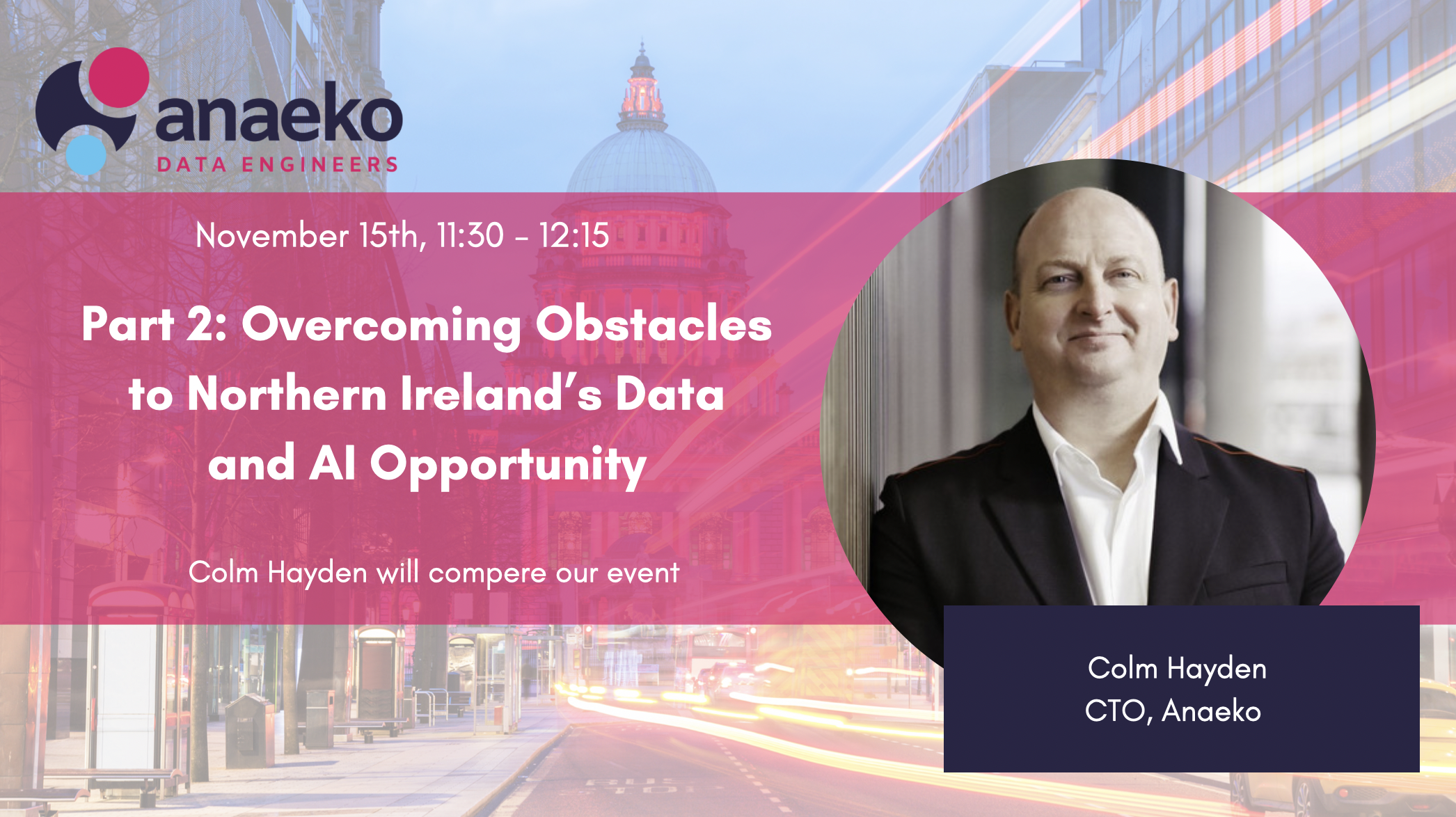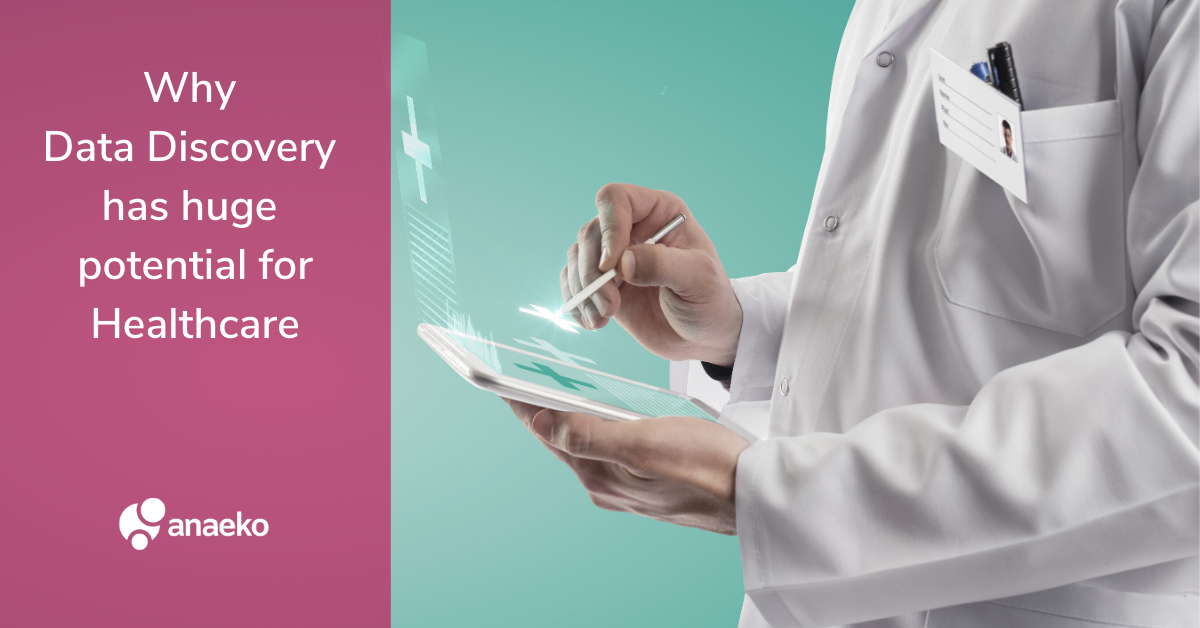Artificial Intelligence In Healthcare
There are few (if any) industries that can be transformed by artificial intelligence to the degree that healthcare can. As initiatives around the world seek to digitise healthcare data, there are huge opportunities for game-changing tools and platforms. However, with potentially a yottabyte (1024 gigabytes) of healthcare data in the United States alone, we are no closer to this utopian, data-driven world of healthcare. Data in existence is not standardised, highly fragmented and is stored in incompatible legacy platforms. The technology exists, so why is healthcare so far behind other sectors in utilising existing technology and what needs to be done to catch up?
Privacy and Systems
The obstacles lie in two very different but equally challenging areas. The first is privacy; patient data is an incredibly sensitive asset in most countries. There are a huge range of policies dictating how patient data should be stored, shared and secured. The second problem area is mission-critical systems; similar to how mainframe technology from the 70s still run many of the world’s banking transactions, legacy electronic medical records and hospital management systems still run on applications with no APIs and brittle data frameworks.
Solving these challenges will not be easy, but looking at the opportunity for companies like Google’s Deepmind to greatly lower operational costs of healthcare services and also the opportunity to use huge datasets to find patterns to tackle disease prevention and treatment, we soon realise that these problems are worth solving.
When governments and healthcare providers are thinking about how they can open up the gates for AI to transform their industry, they must first consider how they can shift data from these monolithic systems, to cloud-based, big data systems that allow for interoperability and secure data exchange that maintains patient privacy.

The Future of Artificial Intelligence and Data in Healthcare
Any innovation and progress towards using data and AI within healthcare is a step forward and anything to improve health systems or patient care is a good thing. Collaboration between universities, the best of new talent, and small businesses are leading a change within healthcare with some stand out projects.
Roger Woods from Queens University spoke to us at Innovation Week with Digital Leaders around working with Tyndall Institute in Cork to put real-time analytics on a camera to provide additional information for surgeons. Queens University is also involved in a research study "Shaping a data-driven era in dementia care pathway through computational neurology approaches" to improve the dementia care pathway and help care givers access the right support at the right time for dementia patients. With an appropriate data structure and the use of data-driven computational neurology approaches there is a vision to understand dementia better with new markers, based on algorithms, and new technologies, to complement the current diagnostic and prognostic processes. This could lead to better clinical decisions along the pathway with more efficient assessments.
An area Roger Woods also discussed was the creation of GPIP (General Practitioner Intelligence Platform) and the amount of activity to push it forward has been fundamental in research studies. GPIP is a centralised site where GPs can contribute data and information for an integrated view of practice data. Giving access to quality data across HSC (Health and Social Care), linking other data sets, and provide self-service reports and insights to individual GPs on their practices and patients.
Within all healthcare areas the benefits can only be realised if data, algorithms, and data infrastructure are appropriately evaluated and engagement from clinicians, physicians, health specialists, policy makers, stakeholders, and patients work together in synergy.
Catch up on our latest Digital Leaders panel discussion from Anaeko on "Overcoming Obstacles to Northern Ireland's Data and AI Opportunity" watch video below:
Topics: Public Sector, Machine learning, Artificial Intelligence, Private Sector, Healthcare



